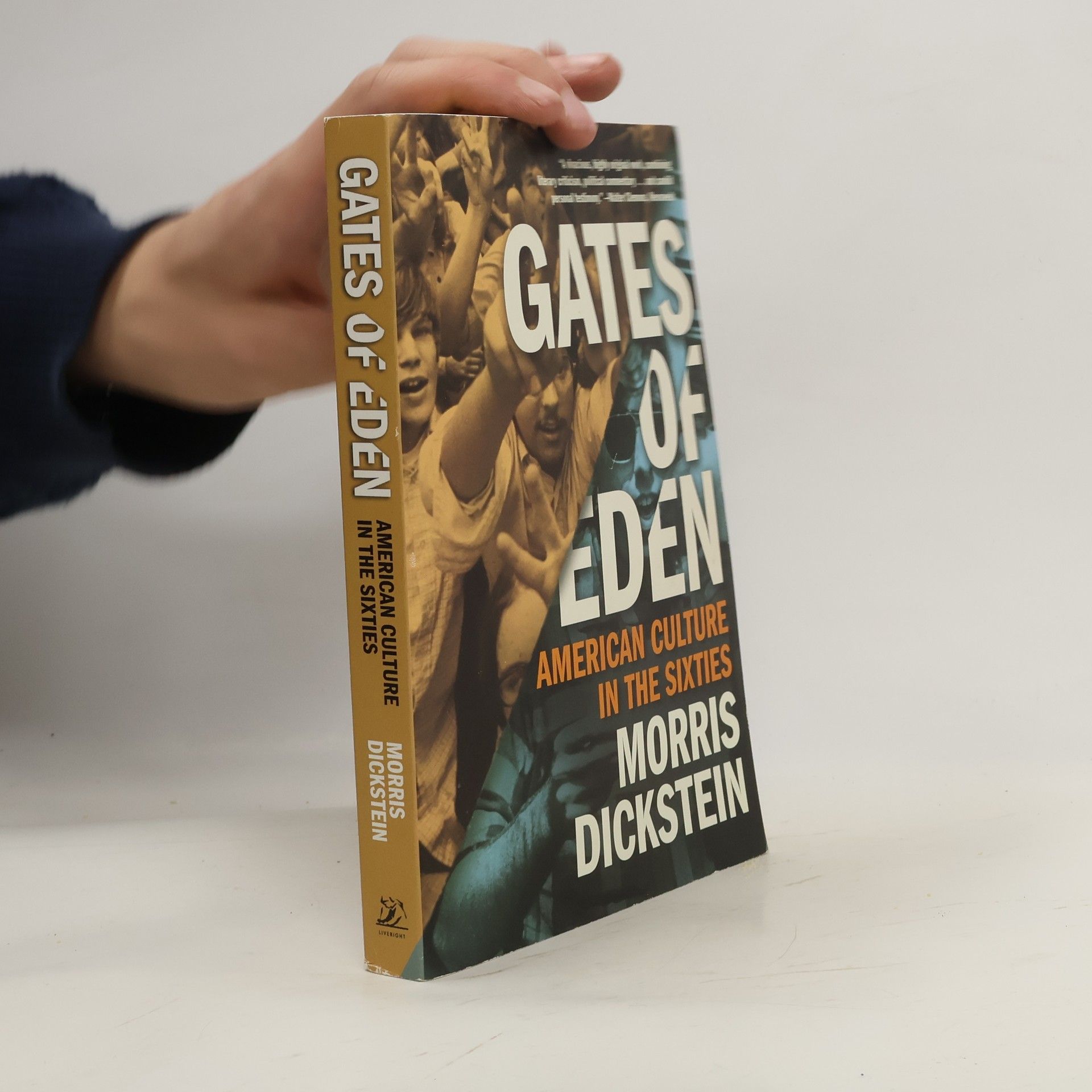The Jungle
- 416 páginas
- 15 horas de lectura
The horrifying conditions of the Chicago stockyards are revealed through this narrative of a young immigrant's struggles in America.
Morris Dickstein, Profesor Distinguido de Inglés y Teatro en el Graduate Center de la City University of New York, ofrece profundas perspectivas sobre la cultura, la literatura y la historia intelectual estadounidense del siglo XX. Su obra disecciona meticulosamente las intrincadas conexiones entre la expresión artística, los cambios sociales y las ideologías predominantes. A través de un análisis agudo y una prosa atractiva, Dickstein ilumina las fuerzas formativas que dieron forma a la identidad estadounidense moderna. Su enfoque proporciona a los lectores una rica comprensión de las corrientes intelectuales que definieron una época.



The horrifying conditions of the Chicago stockyards are revealed through this narrative of a young immigrant's struggles in America.
Investigates the careers and cinematic accomplishments of twenty-three great directors including Antonioni, Bergman, Capra, Chaplin, Fellini, Hitchcock, Truffaut, and Welles
Widely admired as the definitive cultural history of the 1960s, this groundbreaking work finally reappears in a new edition. The turbulent 1960s, almost from its outset, produced a dizzying display of cultural images and ideas that were as colorful as the psychedelic T-shirts that became part of its iconography. It was not, however, until Morris Dickstein's landmark Gates of Eden, first published in 1977, that we could fully grasp the impact of this raucous decade in American history as a momentous cultural epoch in its own right, as much as Jazz Age America or Weimar Germany. From Ginsberg and Dylan to Vonnegut and Heller, this lasting work brilliantly re-creates not only the intellectual and political ferment of the decade but also its disillusionment. What results is an inestimable contribution to our understanding of twentieth-century American culture.